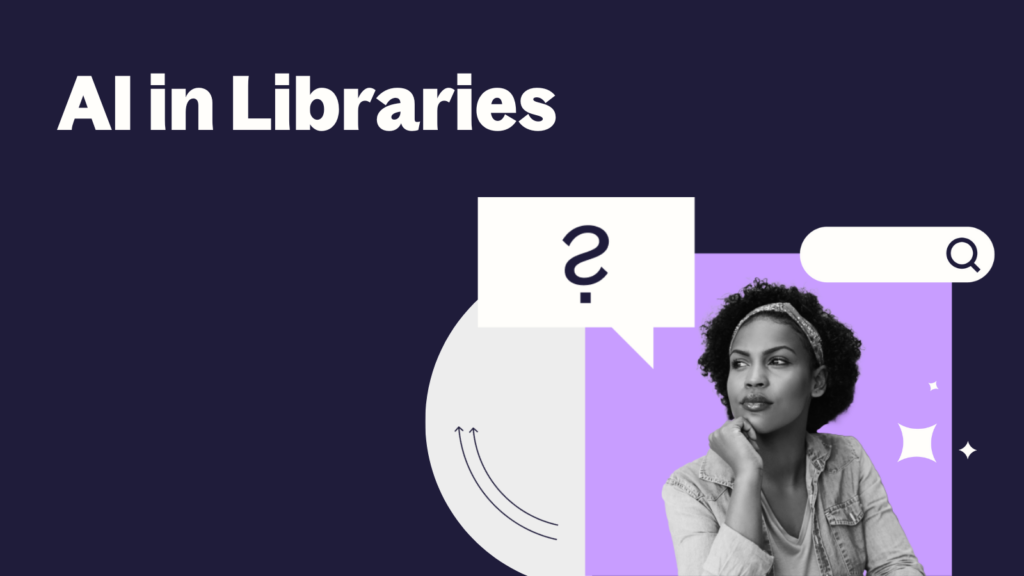Integrating AI in Higher Education: Opportunities and Challenges for Professors
The rapid advancement of artificial intelligence (AI) is significantly impacting higher education, compelling college professors to adapt to new teaching methodologies and address emerging challenges. Institutions like Florida Atlantic University (FAU) are proactively introducing AI resources to integrate this technology into their academic frameworks. This integration aims to enhance educational experiences and equip students with essential skills for an AI-driven world.
However, the incorporation of AI in academia presents challenges, including concerns about academic integrity and the potential for AI-generated content to undermine traditional learning assessments. Educators are tasked with developing strategies to effectively utilise AI tools while preserving the quality and authenticity of education. This involves rethinking assessment methods, fostering critical thinking, and ensuring that AI serves as a complement to, rather than a replacement for, human instruction. The ongoing dialogue among educators, students, and administrators is crucial in navigating this evolving landscape and harnessing AI’s potential to enrich higher education.
Balancing Optimism and Caution: Libraries Navigate AI Integration Challenges
A recent survey by Clarivate, involving more than 1,500 librarians worldwide, highlights a growing interest in adopting artificial intelligence (AI) to enhance library operations. The findings reveal that 60% of libraries are actively evaluating or planning for AI integration. Many librarians view AI as a promising tool to automate routine tasks, such as cataloging and administrative functions, with 42% identifying these areas as key opportunities. This shift toward AI reflects a broader interest in leveraging technology to improve efficiency, support student learning, and enhance research capabilities.
However, significant challenges accompany this optimism. Budget constraints were cited by 47% of respondents, while over half (52%) reported a lack of AI expertise within their institutions. Additionally, concerns about security, privacy, and research integrity remain critical barriers to implementation. These findings emphasize the need for upskilling library staff, investing in resources, and developing ethical frameworks to address potential risks. Despite these hurdles, libraries remain committed to exploring AI’s potential to transform their services while maintaining their core values of accessibility and trustworthiness.
Integrating AI in Higher Education: Opportunities and Challenges for Professors
The rapid advancement of artificial intelligence (AI) is significantly impacting higher education, compelling college professors to adapt to new teaching methodologies and address emerging challenges. Institutions like Florida Atlantic University (FAU) are proactively introducing AI resources to integrate this technology into their academic frameworks. This integration aims to enhance educational experiences and equip students with essential skills for an AI-driven world.
However, the incorporation of AI in academia presents challenges, including concerns about academic integrity and the potential for AI-generated content to undermine traditional learning assessments. Educators are tasked with developing strategies to effectively utilise AI tools while preserving the quality and authenticity of education. This involves rethinking assessment methods, fostering critical thinking, and ensuring that AI serves as a complement to, rather than a replacement for, human instruction. The ongoing dialogue among educators, students, and administrators is crucial in navigating this evolving landscape and harnessing AI’s potential to enrich higher education.
At Technology from Sage we believe that the right technology can remove barriers to knowledge. We recently launched an AI in Libraries feature to round-up the latest AI developments for academic librarians.
Read on for December’s edition, collated by Rajeh Shaikh, Product Manager at Sage.
Recent AI Initiatives in University Libraries and New Research Assistant Tools
Empowering Librarians with AI: Virginia Tech Launches GenAI Training Program
Virginia Tech’s University Libraries, in partnership with the University of California, Riverside, has secured a $115,398 grant from the Institute of Museum and Library Services to establish a Generative Artificial Intelligence (GenAI) Incubator Program. The initiative aims to train librarians in the practical use of GenAI tools to enhance library services. Through workshops and hands-on projects, participants will learn how to apply AI in areas like literacy programs, collection management, preservation, and research support. This program seeks to empower librarians with the skills needed to adapt to technological advancements and better serve their communities.
In addition to skill development, the program focuses on fostering ethical and responsible AI practices within the library profession. Participants will be equipped to address challenges such as privacy concerns, data security, and equitable access to AI technologies. By preparing librarians to lead AI integration efforts, the program highlights Virginia Tech’s dedication to innovation while ensuring that libraries maintain their impact in the evolving digital landscape.
Balancing Optimism and Caution: Libraries Navigate AI Integration Challenges
A recent survey by Clarivate, involving more than 1,500 librarians worldwide, highlights a growing interest in adopting artificial intelligence (AI) to enhance library operations. The findings reveal that 60% of libraries are actively evaluating or planning for AI integration. Many librarians view AI as a promising tool to automate routine tasks, such as cataloging and administrative functions, with 42% identifying these areas as key opportunities. This shift toward AI reflects a broader interest in leveraging technology to improve efficiency, support student learning, and enhance research capabilities.
However, significant challenges accompany this optimism. Budget constraints were cited by 47% of respondents, while over half (52%) reported a lack of AI expertise within their institutions. Additionally, concerns about security, privacy, and research integrity remain critical barriers to implementation. These findings emphasize the need for upskilling library staff, investing in resources, and developing ethical frameworks to address potential risks. Despite these hurdles, libraries remain committed to exploring AI’s potential to transform their services while maintaining their core values of accessibility and trustworthiness.
Integrating AI in Higher Education: Opportunities and Challenges for Professors
The rapid advancement of artificial intelligence (AI) is significantly impacting higher education, compelling college professors to adapt to new teaching methodologies and address emerging challenges. Institutions like Florida Atlantic University (FAU) are proactively introducing AI resources to integrate this technology into their academic frameworks. This integration aims to enhance educational experiences and equip students with essential skills for an AI-driven world.
However, the incorporation of AI in academia presents challenges, including concerns about academic integrity and the potential for AI-generated content to undermine traditional learning assessments. Educators are tasked with developing strategies to effectively utilise AI tools while preserving the quality and authenticity of education. This involves rethinking assessment methods, fostering critical thinking, and ensuring that AI serves as a complement to, rather than a replacement for, human instruction. The ongoing dialogue among educators, students, and administrators is crucial in navigating this evolving landscape and harnessing AI’s potential to enrich higher education.




